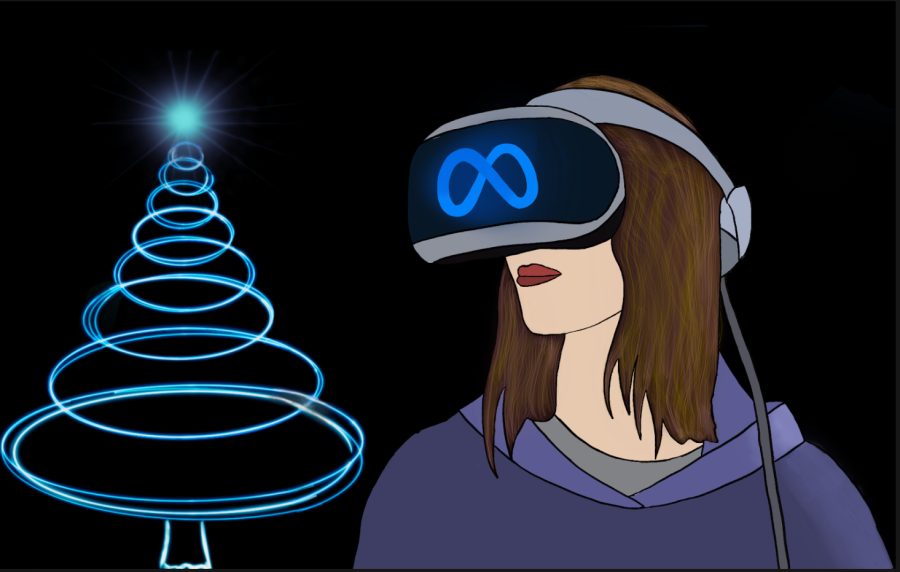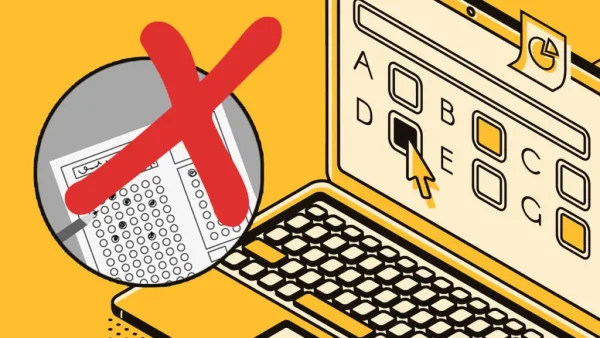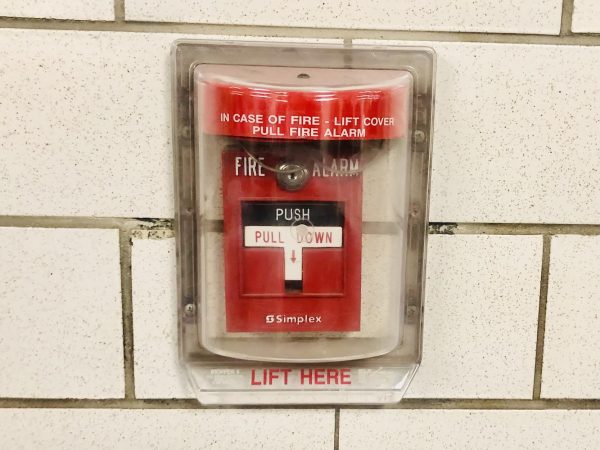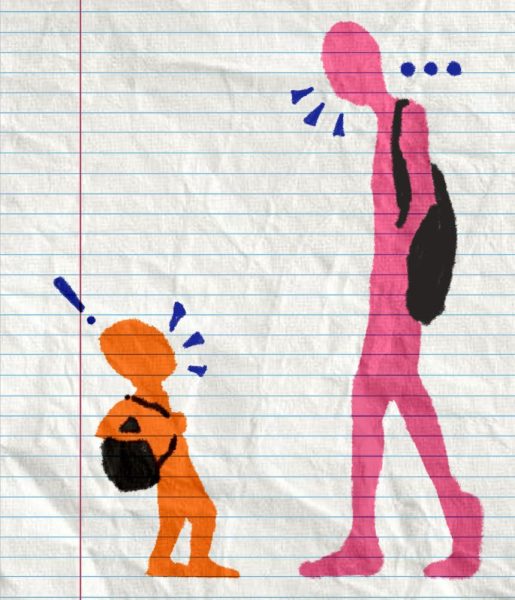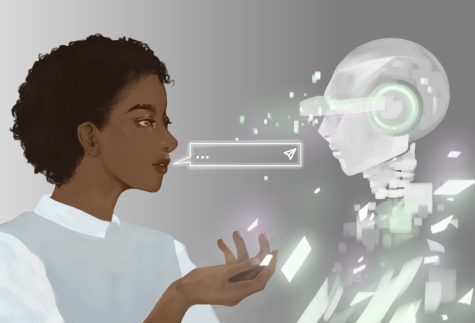Ring an alarm for the metaverse
December 21, 2021
It is Christmas Eve, and you are sitting at a large dinner table having a banquet full of food while laughing with friends and families from all over the world. There is a tall Christmas tree outside the windows decorated with ornaments and colorful lights. Under the tree, holiday gifts are waiting to be opened. The clock strikes midnight, ringing, and you take off your virtual reality headset. It is quiet in your house as everyone in your family has returned from the metaverse and gone to bed.
You might think this is a movie scene, like Spielberg’s Ready Player One, where the main character travels into a virtual reality universe, trying to find a unique object that will grant him a large fortune. However, it could very much happen to your life if the metaverse takes over the internet.
Recently, Facebook CEO Mark Zuckerberg announced the rebranding of Facebook into Meta. He unveiled plans to build a metaverse, essentially a virtual reality where people can play games, work, communicate, and even live using virtual reality headsets. He believes Meta’s technology and innovations will guide us into this online era.
A simple way to imagine the metaverse is to experience Ready Player One. Like a fictional universe, the metaverse is a three-dimensional digital place where players engage with others while sharing anything and everything. Some have even labeled Zuckerberg’s plans “dystopian,” comparable to Ready Player One, where their society lives in a virtual video game world. Meta could lead humanity to live in a virtual world and ignore reality.
Although the metaverse will undoubtedly be a good source of profit, help create jobs, and be an exciting meeting place for conferences, we need to be careful when introducing it into our lives. Meta can lead to excessive screen time, damage our mental health, increase cyberbullying, and security leaks that are already problems in our current internet space.
A few years ago, there was a push to decrease screen time for children and teenagers after research showed that it could cause numerous health and behavior issues. If there was any hope of getting them off screens, the pandemic dashed that idea. A German study found that the use of social media and video games was up by at least 60% in 2020 compared to 2019 among children between ages 12 and 17. The metaverse will make the new generation shop, hang out with friends, and eat at restaurants, all in virtual reality. However, it might not be advisable to add even more screen time to our lives since most things we do now are online even today.
Additionally, using the metaverse can damage people’s mental health. Louis Rosenberg, a Stanford graduate, states that “the metaverse is going to be a terrifying change that has the potential to distort reality and dramatically affect how users perceive things in their real lives.” If people cannot draw the line between real and virtual, it can become scary. They could try to do things possible in the metaverse but not attainable in real life.
People may also resort to the metaverse if they aren’t satisfied with their real lives or encounter a difficult situation. Meta might seem to be a simple escape but could turn into many people running away from their problems instead of dealing with them. A perfect avatar is easier to create than working on yourself. In turn, fake images and false perceptions can deceive us, leaving us even more dissatisfied.
The metaverse can be helpful to create a more interactive education or working environment. However, it leads to excessive screen time and can damage people’s mental health, causing unnecessary discontent about one’s self. There is a risk that people won’t draw the line between real and virtual life. We need to ring the alarm for the metaverse before it’s too late. We should keep our daily lives ingrained in reality to face social challenges head-on and improve the real you in the natural world. Christmas is a holiday for family gatherings, so leave the virtual reality headset aside and spend time with your loved ones in the real world. The dystopian world in Ready Player One should never come.

